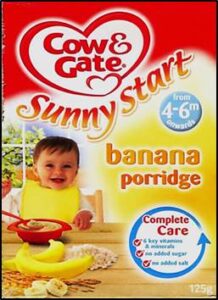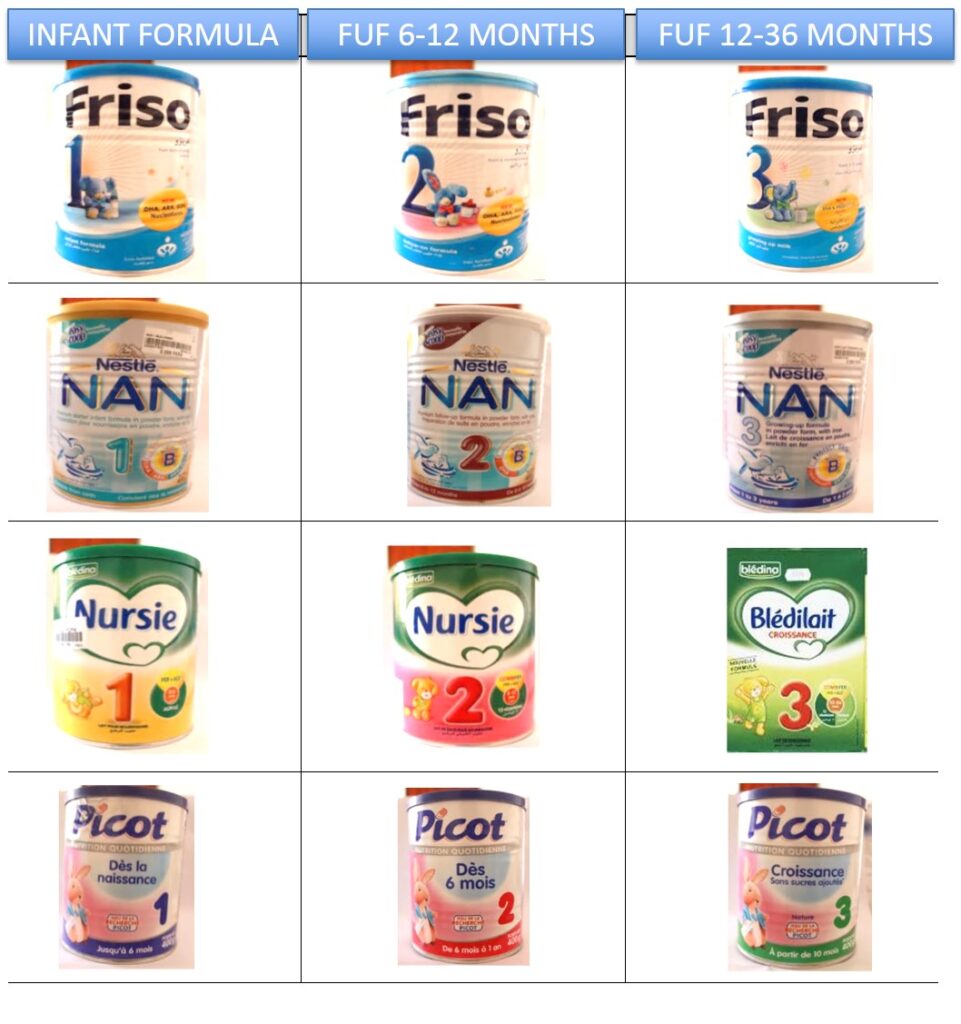How can countries take action to protect healthy feeding and end inappropriate promotion of foods for children under two years of age?
A new policy brief helps country governments, non-governmental organizations and private companies implement the World Health Organization Guidance on Ending the Inappropriate Promotion of Foods for Infants and Young Children.
Helen Keller International joins the World Health Organization (WHO), the United Nations Children’s Fund (UNICEF), Save the Children, and the International Baby Food Action Network to launch the policy brief as part of an effort to support countries in understanding and adopting the evidence-based guidelines. The brief explains the WHO’s recommendations and outlines actions that countries can take to implement the guidance and improve the lives of millions of children.
Protecting healthy feeding
The WHO developed the guidelines in response to a growing body of evidence showing that the promotion of breastmilk substitutes, like infant formula, and some commercial foods for infants and young children undermines progress on optimal infant and young child feeding.
“We now have a body of evidence showing that inappropriate promotion of foods for infants and young children can undermine healthy feeding. Adopting the WHO guidance will help protect optimal breastfeeding and complementary feeding practices and improve children’s health and well-being.”
–Elizabeth Zehner, Project Director, Assessment & Research on Child Feeding (ARCH) project
According to the WHO and UNICEF, optimal infant and young child feeding practices include exclusive breastfeeding during the first six months of life, with continued breastfeeding until two years of age or beyond, along with nutritionally adequate and safe complementary foods from the age of six months. These healthy feeding behaviors have the potential to protect children against non-communicable diseases and common illnesses, improve academic performance and boost productivity.
To safeguard optimal infant and young child feeding, WHO encourages its Member States to develop stronger national policies that protect children under two years of age from inappropriate promotion of breastmilk substitutes and some commercial foods.
Evidence shows the need for action

Helen Keller International’s Assessment & Research on Child Feeding (ARCH) project has worked closely with the WHO and other global partners to share the latest evidence on the inappropriate promotion of foods for infants and young children and to develop the guidelines.
Notably, ARCH’s timely research findings on commercially produced foods consumed by infants and young children in Cambodia, Nepal, Senegal, and Tanzania contributed to the body of evidence that informed the WHO guidance. Conducting and communicating research related to promotion of foods that are consumed by young children is an important part of ARCH’s efforts to strengthen policies that promote optimal infant and young child nutrition.
One concerning promotional practice is when food labels are misleading or confusing. ARCH research conducted in Cambodia, Nepal, Tanzania and Senegal and published in the Maternal & Child Nutrition journal found that commercially produced milks designed for children older than six months of age (follow up formulas) are frequently labeled like infant formula, and widely promoted—a marketing practice that can lead to misuse and have potentially dangerous consequences for a child’s long-term health and well-being. ARCH’s studies also found that labels for commercially produced complementary foods with recommended introduction earlier than six months were common in Senegal (20%), Nepal (13%), and Tanzania (12%).

Calling on countries to implement the WHO guidance
In May 2016, all 194 Member States adopted a new World Health Assembly (WHA) resolution that welcomes the WHO guidance. The resolution calls on countries to adopt the guidance to protect breastfeeding, prevent obesity and chronic disease and promote a healthy diet. The resolution also outlines measures that Member States, manufacturers and distributors of foods for infants and young children, health care professionals, media and civil society need to take to align their policies, practices and programs in accordance with the recommendations provided in the guidance.
The guidance serves as a complement to existing tools, such as the International Code of Marketing of Breast-milk Substitutes and subsequent relevant WHA resolutions as well as the Global Strategy on Infant and Young Child Feeding.
Moving to action
The May 2016 World Health Assembly (WHA) resolution urges Member States, in accordance with national context, to:
- Incorporate the guidance into national laws.
- Establish a system for monitoring and evaluation of the implementation of the guidance recommendations.
- Continue to implement the International Code of Marketing of Breast-milk Substitutes and WHO recommendations on the marketing of foods and non-alcoholic beverages to children.
It is now up to countries around the world to implement the guidance and stop the inappropriate promotion of foods for infants and young children. Taking action will have a lasting impact on the lives of millions of children.
Download the policy brief.

